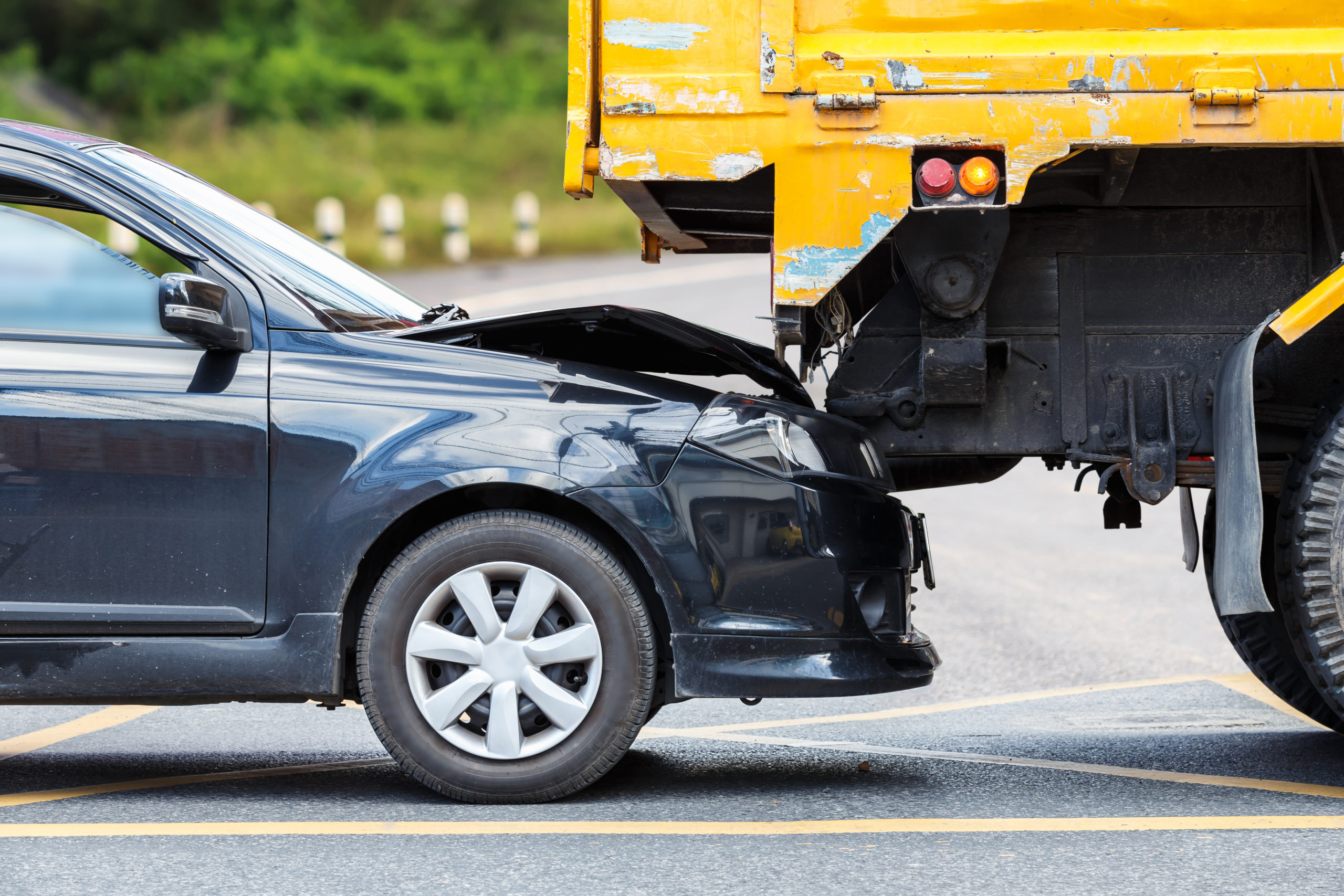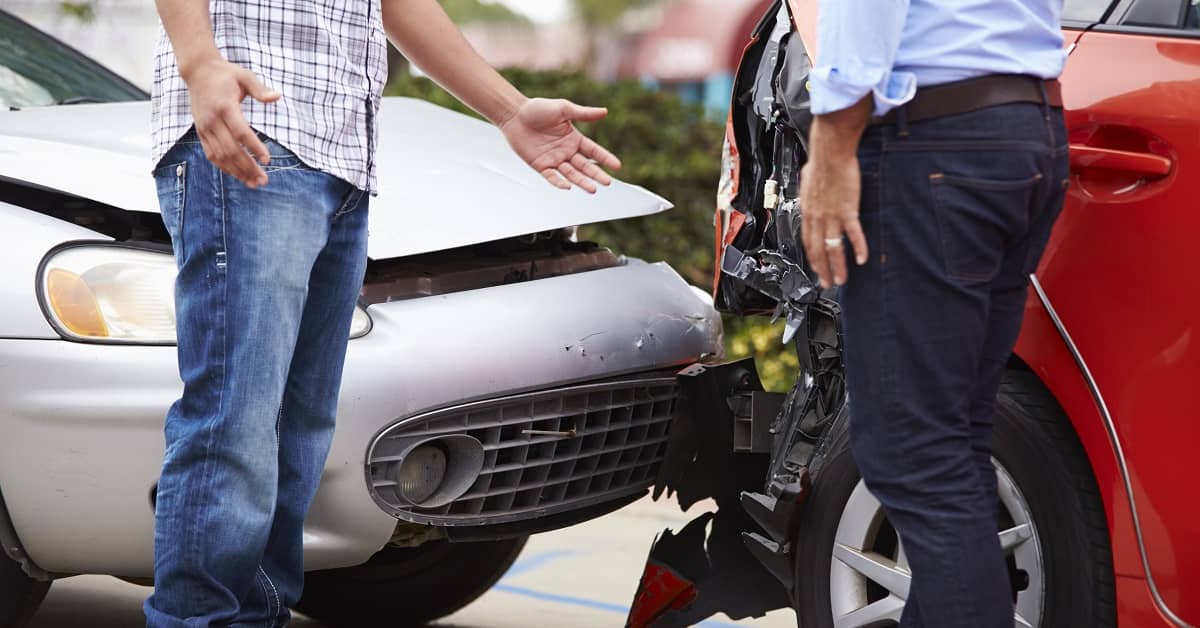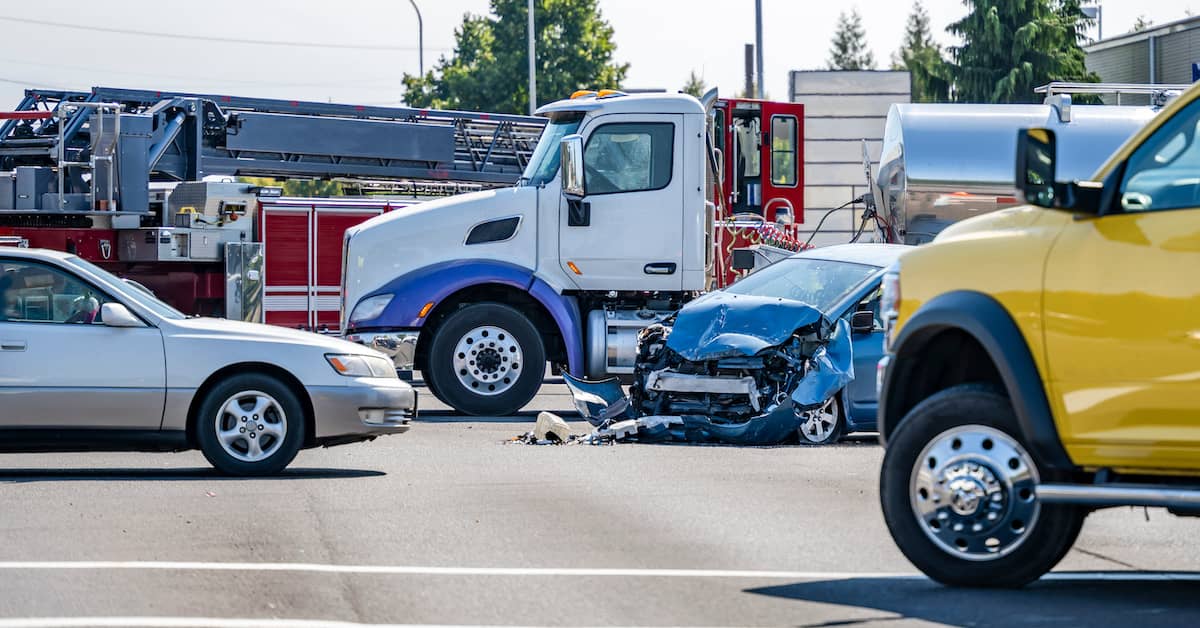
If my car is totaled in a rear-end collision with a commercial truck, do I need a car accident attorney or a trucking accident attorney?
When a commercial truck is involved in an accident, the legal process is a little more complicated than a “typical” car accident. There are different laws, parties, and qualifications involved when it comes to commercial trucking, making it a more complex situation.
After a collision between two cars, police typically put together an accident report, take photos at the scene, and preserve the necessary evidence. However, when a commercial truck is involved, there is a more thorough investigation involved.
Commercial trucks, tractor-trailers, and semi-trucks are required to comply with certain safety regulations and industry standards.
After an accident involving a commercial truck, there are a number of types of evidence that must be collected:
- Driver evidence, including his or her qualifications file (required by the Federal Motor Carrier Safety Administration), training file, inspection records, post-collision drug and alcohol screening, and hours of service documentation
- Vehicle evidence, including maintenance history, inspection history, onboard communication data, GPS tracking data, and downloads of the onboard systems (brake module, engine control module, etc.)
- Cargo evidence, including weight tickets, dispatch instructions, delivery documents, and trip envelopes
Obtaining and reviewing this evidence is key to figuring out if the driver and the trucking company were following safety regulations. It also helps to determine what led up to the crash and what the driver’s state of mind was in the hours and days leading up to the accident.
For example, reviewing the driver’s hours of service documentation could show he had been driving for 12 straight hours, which is a violation of the FMCSA hours of service regulations. This can help your attorney argue that the driver was fatigued at the time of the crash.
The time frame of acquiring evidence is also different in truck accident cases. The Federal Motor Carrier Safety Regulations mandate that certain logs are kept for a period of time, but after that they can be disposed of. While you may have a two-year window to file a personal injury case, if you wait too long, these important pieces of evidence could be discarded.
Trucking accidents also deal with a larger group of potentially liable parties. One single commercial truck could have a large number of stakeholders, including:
- The driver, who could be company drivers or owners/operators, which are contracted by a trucking company for a certain amount of time (or through a third-party contractor)
- The employer, who could own the tractor-trailer or be leasing it through a third party
- The truck owner, which could own just the trailer, just the tractor, or both
- The cargo crew, which includes shippers, loaders, brokers, and more, who could be liable if the cargo was loaded improperly or weighed incorrectly
- Safety companies, such as third-party maintenance crews, repairmen, safety compliance officers, or insurance companies
Clearly, there are a number of variables to work through in a trucking accident. At the end of the day, hiring a car accident attorney vs. a trucking accident attorney comes down to knowledge and experience.
As long as the attorney has a thorough knowledge of trucking laws in your state, the resources to obtain and review lots of evidence, and experience with commercial truck accidents, he or she should be qualified to take on the case.
Work With a Reliable Attorney
Working with a dedicated Fort Lee car accident lawyer after your collision will help ease the complicated and stressful burden of your situation. A reliable legal team will protect your rights and maximize your chances of recovering compensation for your damages.
At Maggiano, DiGirolamo & Lizzi, P.C., our team of diligent lawyers can help you and your loved ones navigate this challenging time and attain the justice and compensation you deserve.
Contact us today at (201) 585-9111 for your free case consultation.


















